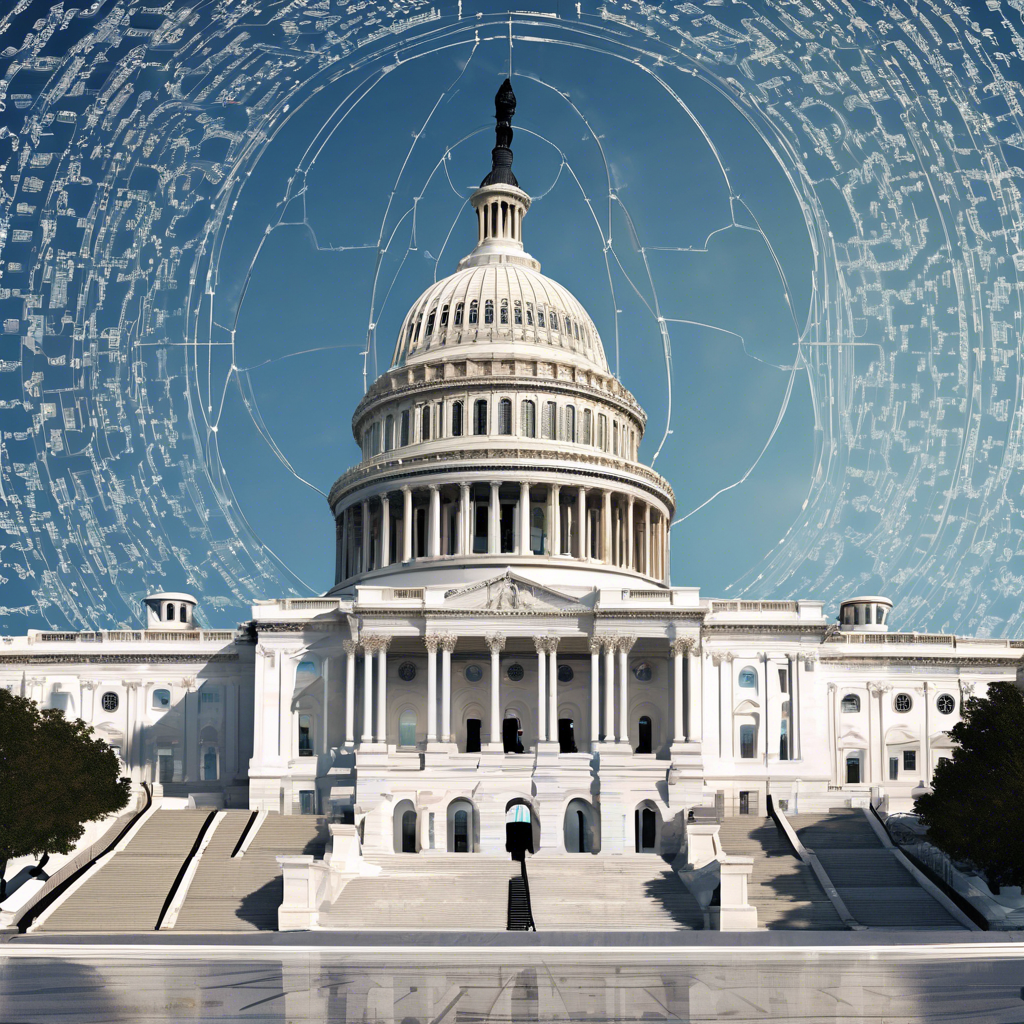U.S. Senate Debates Federal Moratorium on State AI Regulations to Balance Innovation and Safety

Brief news summary
The U.S. Senate is considering a revised five-year federal moratorium on state AI regulations concerning privacy, safety, and intellectual property. Led by Senator Ted Cruz, the proposal seeks to establish uniform federal AI rules by penalizing states that create their own laws. Initially, penalties threatened access to a $42 billion broadband fund but were scaled down to a $500 million AI infrastructure fund following opposition. Senator Marsha Blackburn negotiated a compromise shortening the moratorium from ten to five years and exempting specific state laws on child online safety and artists’ image rights, as long as they do not hinder AI innovation. States like Tennessee and Texas have already passed AI laws, sparking disputes over state versus federal authority. Seventeen Republican governors oppose the moratorium citing states’ rights concerns. Commerce Secretary Howard Lutnick backs the compromise, whereas Senator Maria Cantwell criticizes it for favoring tech companies and lacking consumer protections. With no comprehensive federal AI regulations yet, the Senate’s decision will be pivotal in determining U.S. AI policy and shaping global standards.The U. S. Senate is debating a revised proposal to impose a five-year federal moratorium on state-level artificial intelligence (AI) regulations amid concerns about AI’s rapid development and its impacts on privacy, safety, and intellectual property. Initially introduced by Senator Ted Cruz, the proposal threatened states that enacted their own AI rules with loss of access to a $42 billion broadband fund, aiming to enforce a uniform federal framework. However, this harsh penalty drew criticism, leading to a moderated version that limits financial repercussions to a new $500 million AI infrastructure fund instead, balancing national cohesion with state autonomy. Senator Marsha Blackburn helped shape the revision by negotiating a reduction of the moratorium from ten to five years and exempting certain areas—such as child online safety and protection of artists’ images—from the ban, provided regulations do not unduly hinder AI innovation. Meanwhile, states like Tennessee and Texas have already passed laws targeting unauthorized AI-generated content and harmful AI uses, reflecting rising concerns at the state level but facing opposition from federal lawmakers favoring a consistent national regulatory approach. Despite these compromises, 17 Republican governors oppose the moratorium, citing states’ rights to address local AI challenges and criticizing the federal restriction as undermining their authority.
This division highlights ongoing tensions between federal power and state sovereignty in managing emerging technologies. Commerce Secretary Howard Lutnick supports the compromise, viewing it as a balanced framework that fosters responsible AI innovation in the public interest. Conversely, Senator Maria Cantwell criticizes the proposal for favoring tech companies at the expense of consumer protections and for lacking strong oversight measures. No significant AI regulation has yet been enacted at the federal level, leaving governance largely uncertain. The Senate debates underscore the difficulty in crafting policies that protect consumers and states’ interests while advancing technological competitiveness nationally and globally. As the legislative process continues, the outcome will shape future U. S. AI governance and may influence global regulatory standards. Ensuring AI development proceeds safely, ethically, and equitably remains a vital focus for lawmakers, industry leaders, and the public.
Watch video about
U.S. Senate Debates Federal Moratorium on State AI Regulations to Balance Innovation and Safety
Try our premium solution and start getting clients — at no cost to you

I'm your Content Creator.
Let’s make a post or video and publish it on any social media — ready?
Hot news

“AI SMM”, new training from Hallakate – Learn how…
In an era where technology is transforming how we create content and manage social networks, Hallakate introduces new training tailored for this new age: AI SMM.

AI Training GPU Cluster Sales Market Size | CAGR …
Report Overview The Global AI Training GPU Cluster Sales Market is projected to reach approximately USD 87

Multimodal AI Market 2025-2032: Growth Overview, …
Multimodal AI Market Overview Coherent Market Insights (CMI) has published a comprehensive research report on the Global Multimodal AI Market, projecting trends, growth dynamics, and forecasts through 2032

The Future of SEO: How AI is Shaping Search Engin…
Artificial intelligence (AI) is dramatically reshaping search engine algorithms, fundamentally changing the way information is indexed, evaluated, and delivered to users.

AI Video Conferencing Platforms Gain Popularity A…
In recent years, remote work has transformed dramatically, largely due to technological advancements—particularly the rise of AI-enhanced video conferencing platforms.

AI Video Content Moderation Tools Combat Online H…
Social media platforms are increasingly employing artificial intelligence (AI) to improve their moderation of video content, addressing the surge of videos as a dominant form of online communication.

US revisits its export curbs on AI chips
POLICY REVERSAL: After years of tightening restrictions, the decision to permit sales of Nvidia’s H200 chips to China has sparked objections from some Republicans.
AI Company
Launch your AI-powered team to automate Marketing, Sales & Growth

and get clients on autopilot — from social media and search engines. No ads needed
Begin getting your first leads today








